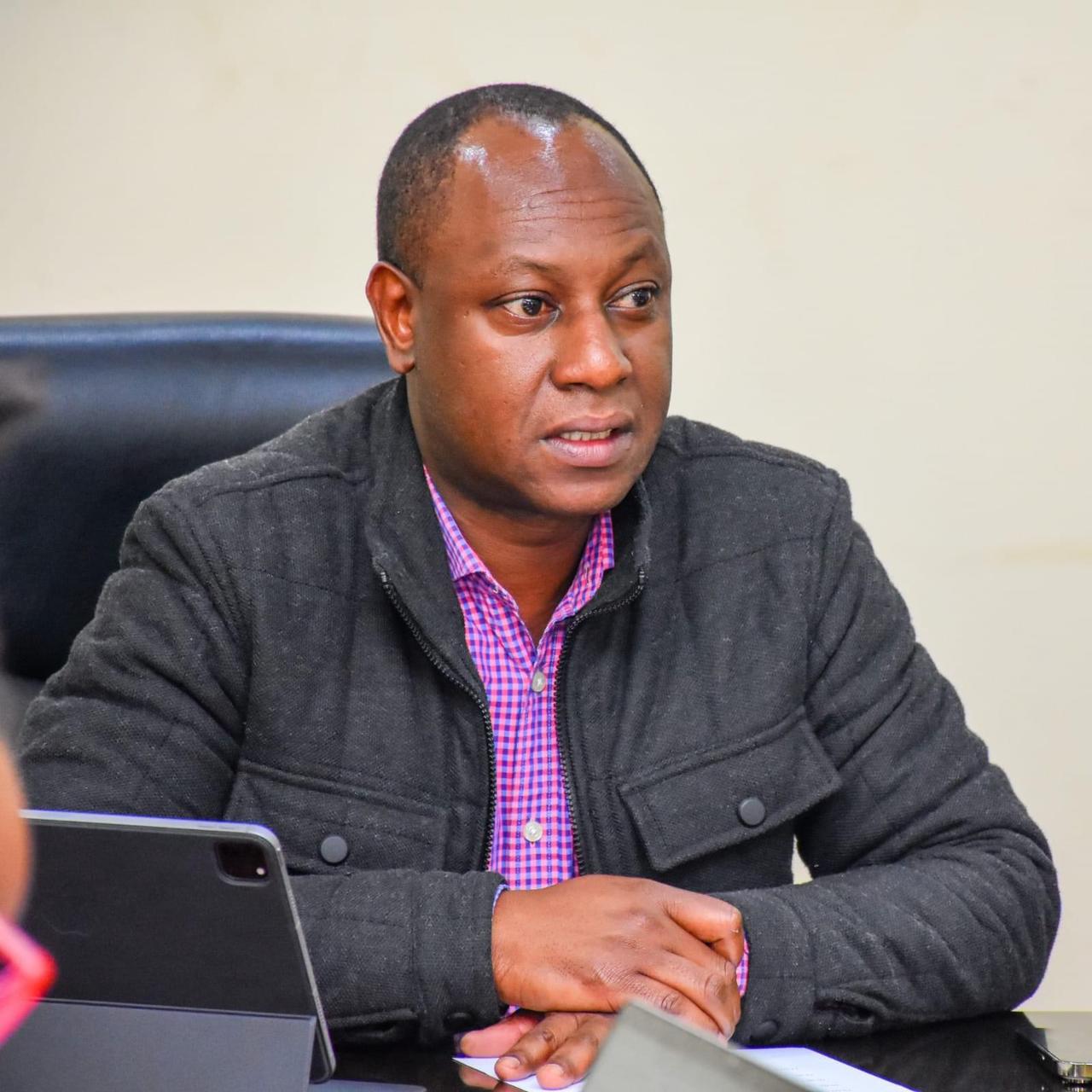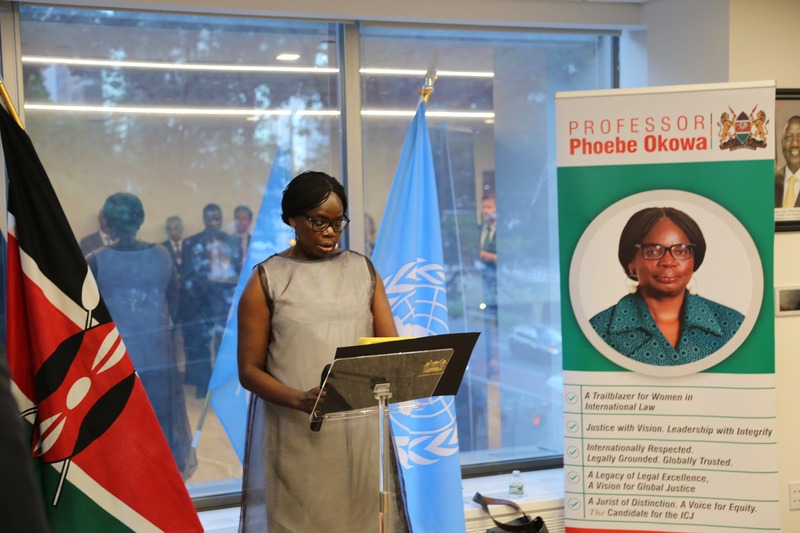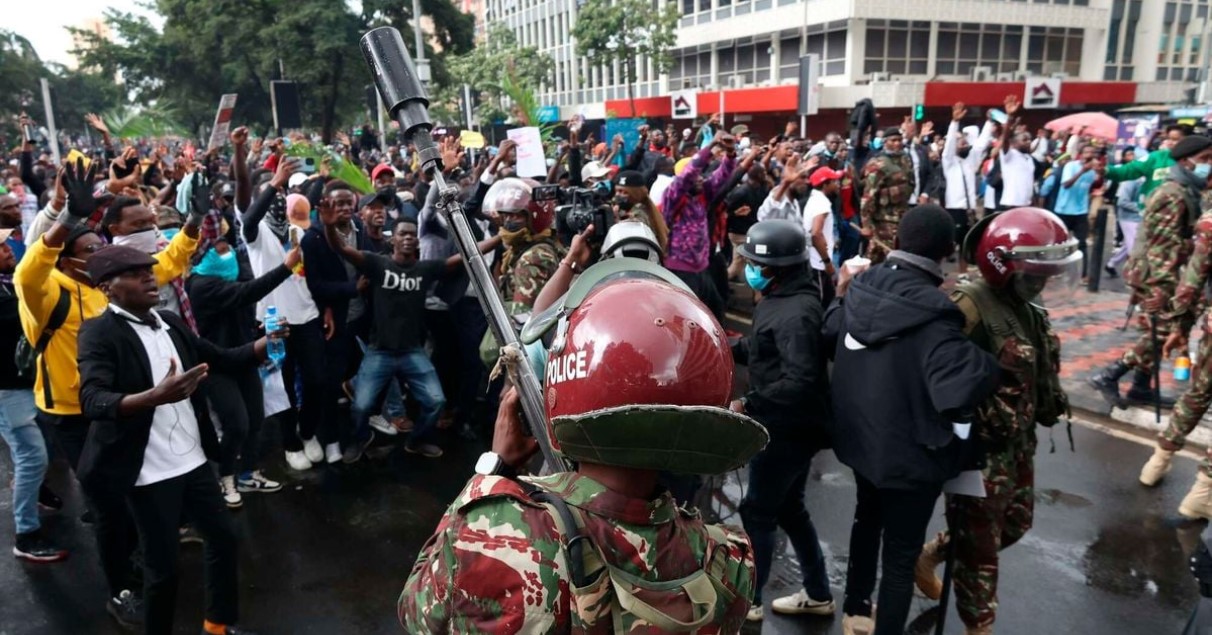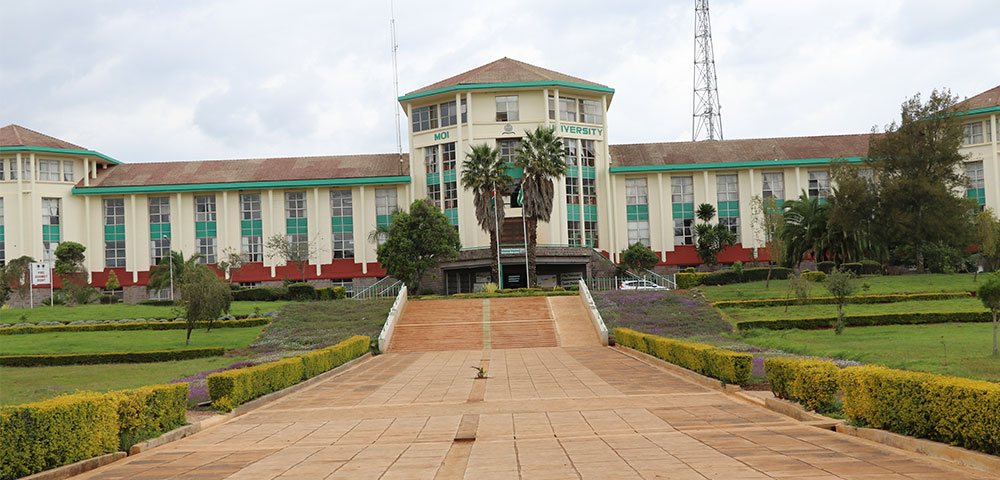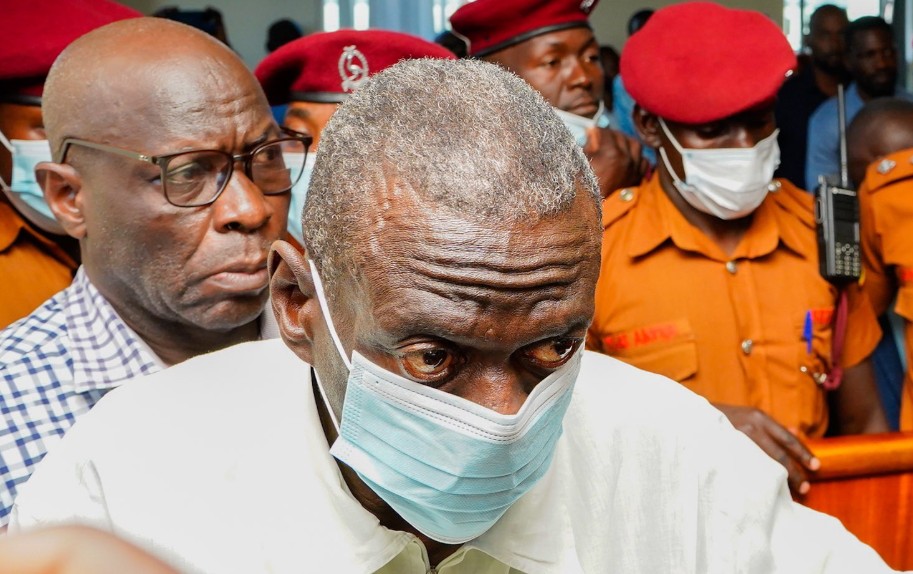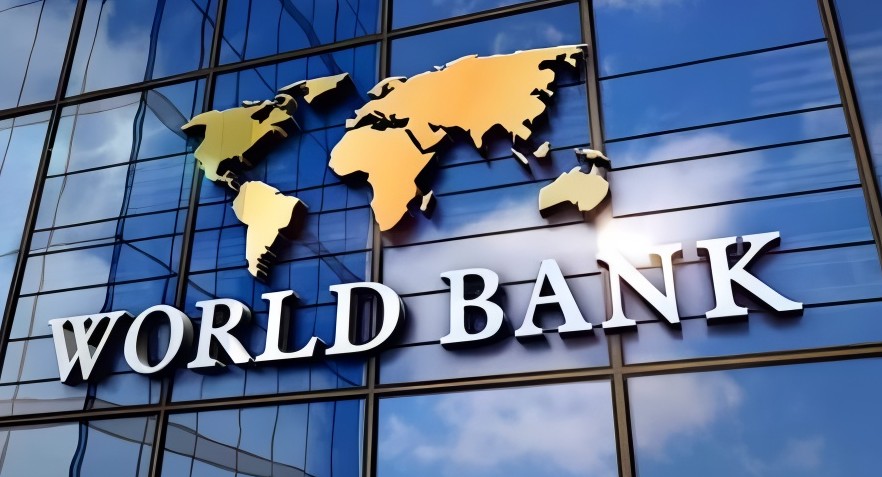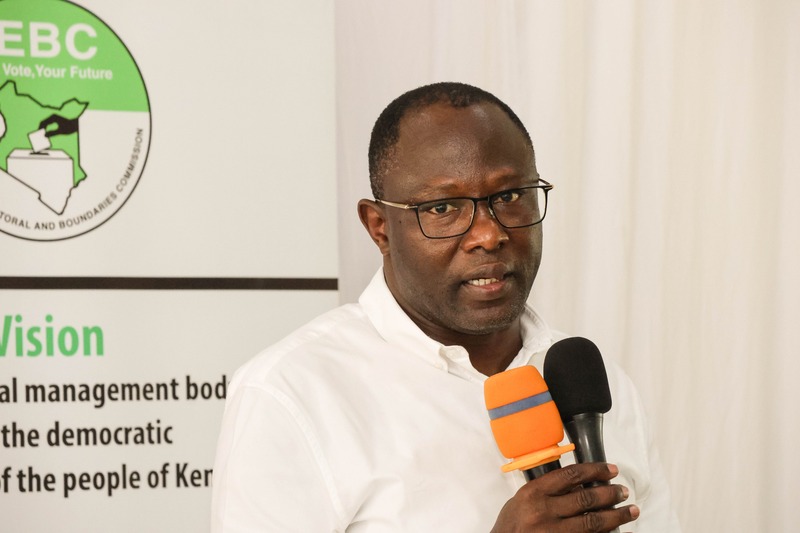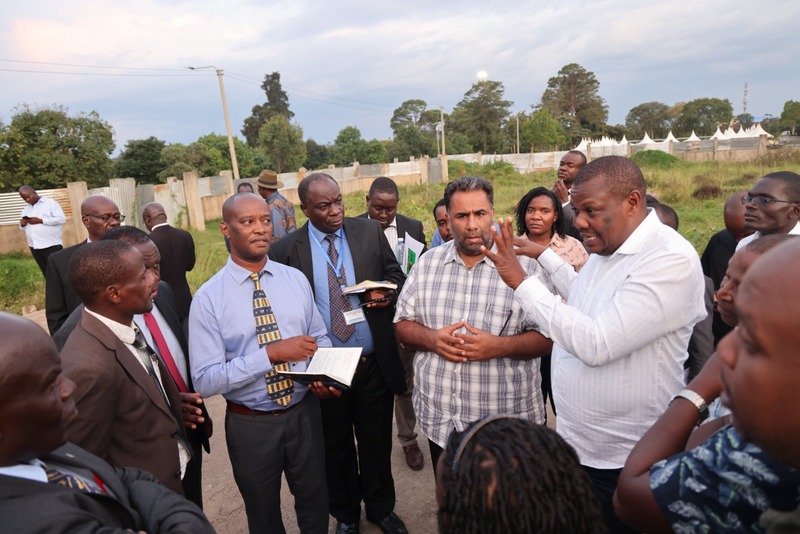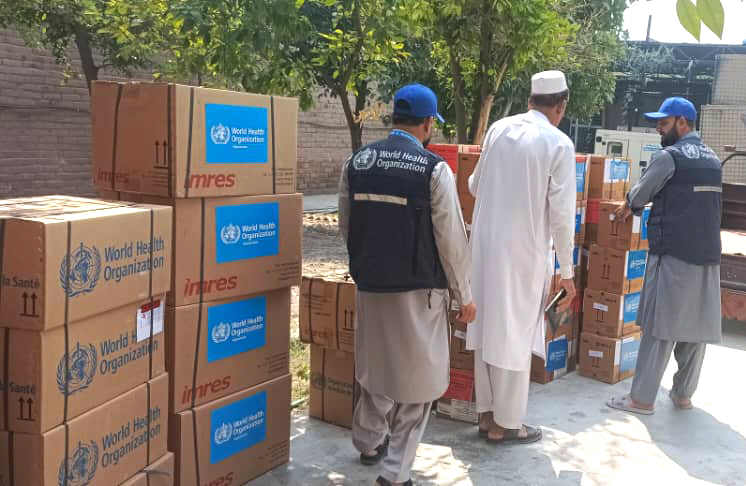In Egypt, prospect of Trump win raises fears over school funding

The former president has pledged to roll back key climate policies implemented by his predecessor, Joe Biden.
In Egypt, education officials are watching the U.S. election with concern, worried that if Republican Donald Trump wins he could reduce U.S. financial support for schools catering to students who hope to help lead the energy transition.
More To Read
- Kenya defends Sh271 million image-laundering gamble in Washington
- Kenya gambles on Washington powerbroker to revive Ruto’s image and AGOA
- Is Africa becoming the US's dumping ground of migrants?
- US-Kenya ties: Nairobi walks diplomatic tightrope amid deepening ties with China, Iran
- Rwanda agrees to take 250 migrants deported from US in bid to deepen ties with Washington
- Obama responds to Trump’s coup claims, calls allegations unfounded
The former president has pledged to roll back key climate policies implemented by his predecessor, Joe Biden, and 10 international applied technology schools in Egypt could be affected if funds are cut, some experts say.
The 10 secondary schools were created through a partnership between the U.S. Agency for International Development, the Egyptian government and the private sector. Around 20,000 students apply annually for 8,000 places.
"The funding of these schools is likely to be affected (if Trump wins the election) due to his position on environmental policies, which are in contrast with those of the current administration," Karim Ebeid, president of Al Adl Center for Economic and Strategic Studies, told the Thomson Reuters Foundation.
"This may affect the non-renewal or expansion of such schools, which affects Egypt's development plans," he said, adding that if U.S. funding dried up, Egypt could turn to other international partners, such as China, Russia or Japan.
"China, especially, for the past two decades, has been working to strengthen its investments in African countries through the Forum on China-Africa Cooperation," he said.
The schools offer free tuition to all students but require certain conditions for enrollment, such as achieving high grades in English, science, and maths. Applicants are also interviewed.
An Egyptian government official, speaking on condition of anonymity, said if U.S. funding for the schools were to stop under a second Trump administration, Egypt would have to develop alternative plans for financing, management, and partnerships.
The schools provide critical skills to thousands of young Egyptians like Zeyad Maged, a third-year student at Elsewedy International School for Applied Technology and Software in New October City in the Giza Governorate.
"Last year, I led a capstone (final year) project with my team focused on environmental sustainability, developing a website to promote recycling and foster a healthier community," said the 17-year-old, who specialises in software development.
"The school provides full scholarships, covering the costs of laptops, uniforms, and books, he added.
"All of this comes at a very high quality."
Other Topics To Read
TEACHING "CRITICAL TOPICS"
Trump, who is running against Vice President Kamala Harris, has put Biden's climate and energy agenda in the crosshairs on the campaign trail, meaning that billions in clean energy funding could hinge on who wins the Nov. 5 election.
Biden's policies include tax breaks and incentives for electric vehicles and stricter environmental regulations for power plants and automobiles. Trump has also threatened to once again pull the United States out of the 2015 Paris climate agreement.
Mohamed Azzazy, head of surveys at the Natural Resources Department at the University of Sadat City, told the Thomson Reuters Foundation that the curricula in the 10 applied technology schools prepare young people for environmental sustainability challenges.
"Students today must engage with critical topics like global warming, renewable energy, carbon footprints, and biodiversity to ensure a sustainable future," Azzazy said.
"These subjects are often missing from conventional Egyptian education, particularly in practical application, but the schools are bridging that gap," he said, adding that the schools offered hands-on activities like clean-up operations and recycling workshops.
Egypt wants to accelerate the provision of renewable energy that could ease electricity shortages and supply green power to Europe, but faces challenges in funding updates to its grid and unlocking investments for new wind and solar plants.
Between 2021 and 2022, USAID in Egypt allocated approximately $200 million in grants to various sectors, including agriculture, coastal communities, renewable energy, and education.
According to the USAID website, the schools and other education initiatives account for $70 million of funding from 2021 to 2026, with plans to expand the number of schools to cover 15 governorates, up from the current eight.
USAID did not respond to a request for comment for this article.
Amr Basila, the director of the operation and management unit for the International Applied Technology Schools, said the institutions provided internationally certified credentials, hands-on experience, and access to job markets in competitive fields including artificial intelligence, digital arts, software engineering and logistics.
"Though still emerging in Egypt, these sectors offer significant opportunities for workforce development and economic growth," he said.
Some Egyptian observers fear that if Trump wins again, funding for such projects could be cut.
Mohamed Rabie El-Dehy, deputy head of the independent Dialogue Center for Political and Media Studies in Cairo, noted that in 2017, then-president Trump said he intended to reduce U.S. aid to the Middle East, particularly for climate change and renewable energy programmes, by around 30%.
"Environmental schools of this kind were not established until the Biden administration. Under Trump, no environmental schools were built; the focus was limited to teacher training programmes in other schools," El-Dehy said.
Top Stories Today
